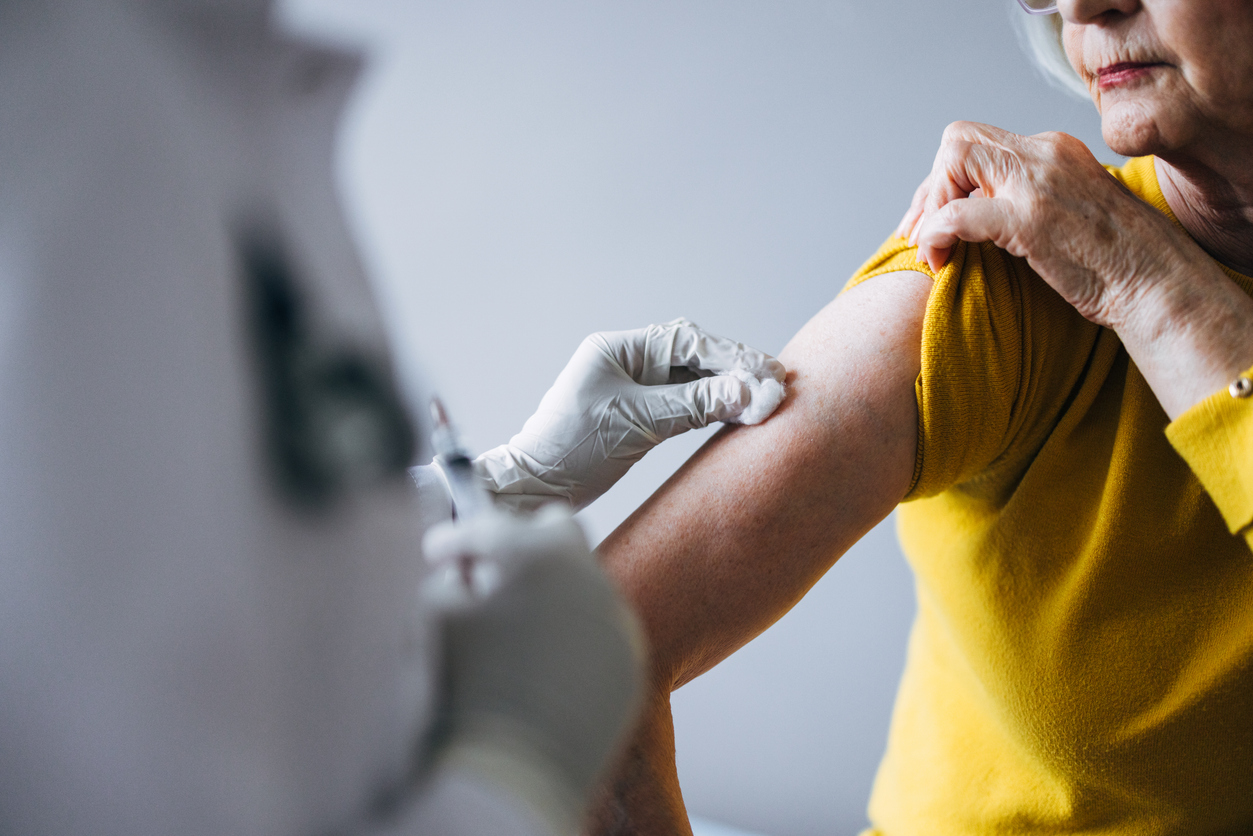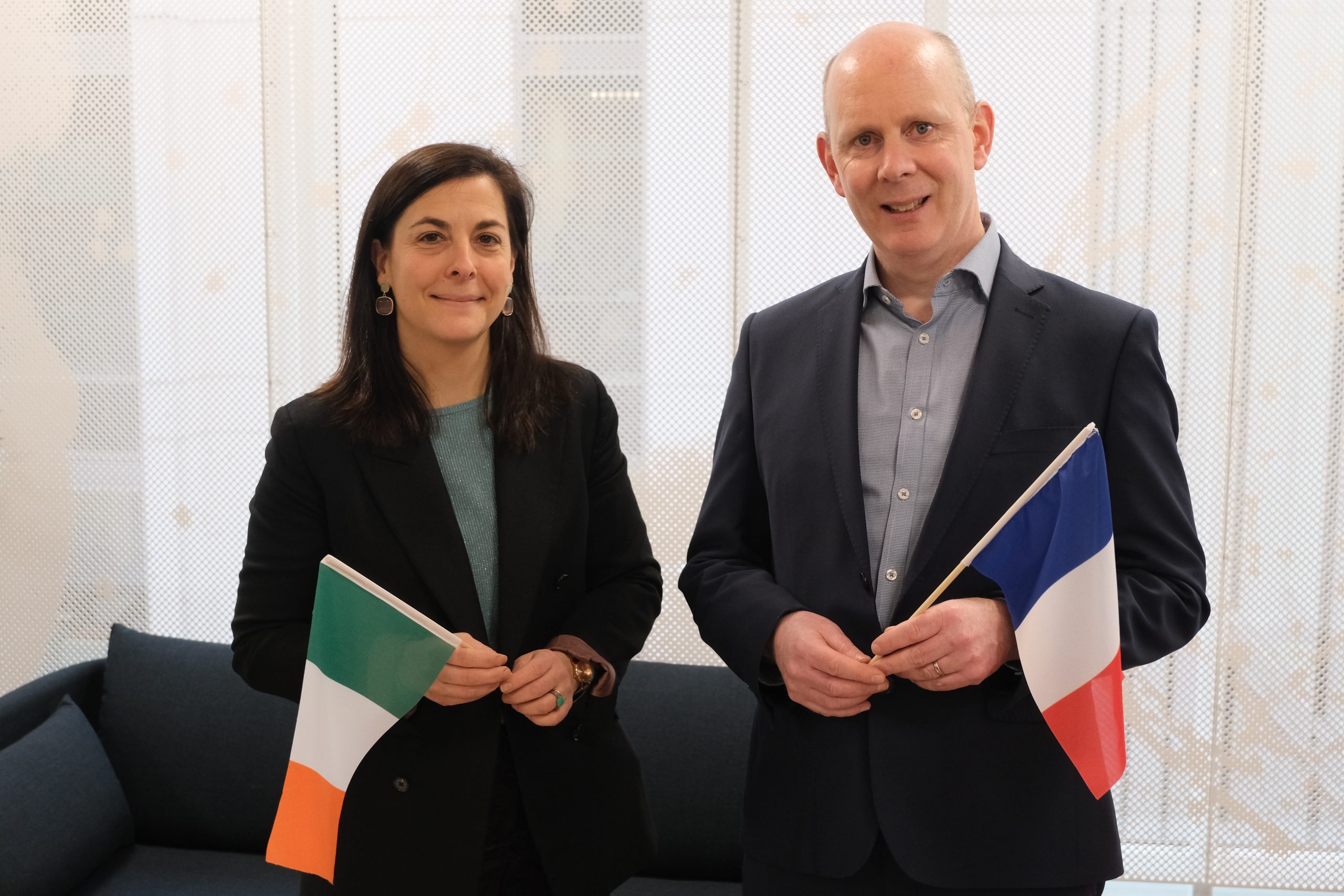€4.95 million joint investment announced in joint UK – Ireland research and development partnership

Today, €4.95 million funding was announced to support joint research and technology development projects in Ireland and the United Kingdom (UK) through the EPSRC-Research Ireland Joint Funding of Research Programme. These four projects are the latest funded as part of the ongoing partnership to facilitate joint investigator-led activities between Ireland and the UK, this lead agency arrangement started under SFI and continues under Research Ireland.
The Engineering and Physical Science Research Council (EPSRC) is the main government agency in the UK for funding research and training in engineering and the physical sciences. These collaborative projects support research spanning the EPSRC’s remit of chemistry, engineering, information and communications technologies, materials, mathematical sciences and physics, across both jurisdictions.
The projects being funded through this partnership are:
- Dr Joost Slingerland (Maynooth University) and Dr Zlatko Papic (University of Leeds) are collaborating on a project titled: Emergence of partons in topological quantum matter far from equilibrium. Topologically robust materials have useful properties that could be used to make ultra-low power electronic devices. By studying these materials in ambient conditions, this project will improve understanding of how to use topological materials in real-world settings, such as in the emerging field of quantum computing.
- Dr Senad Bulja (Tyndall National Institute) and Dr Qammer Abbasi (University of Glasgow) are collaborating on a project titled: Active intelligent Reconfigurable surfaces for 6G wireless COMmunications (AR-COM). This project aims to develop intelligent reflecting surfaces, which can mitigate blockages and interference in complex wireless networks, such as in future 6G wireless communication. The materials used will have little or no loss of latency, the time taken for a signal to travel from one point to another, leading to more flexible and faster telecommunications.
- Prof Andreas Heise (RCSI University of Medicine and Health Sciences) and Prof Matthew Gibson (University of Manchester) are collaborating on a project titled: Sustainable Bio-sourced Marcomolecular Cryoprotectants. This research will investigate prevention of ice formation where sub-zero temperatures are present, which is currently a challenge in diverse settings such as aerospace, renewable energy, vaccine delivery, biomedical research and the food industry. Current practices for anti-icing are unsustainable, often using strategies such as solvents or methane gas burners. This project will develop efficient new polymeric ‘antifreeze’ materials that are sustainably produced and can degrade naturally in the environment.
- Dr John Dooley (Maynooth University) and Dr Roberto Quaglia (Cardiff University) are collaborating on a project titled: Multi-domain configurable power amplifiers for software-defined RF transmitters – MUST-RF. This project will propose new solutions for the design of radio frequency power amplifiers that are more sustainable and can meet demand for increased wireless connectivity, that are essential for the growth of future technologies such as autonomous vehicles and smart cities.
Speaking on the partnership, Prof Charlotte Deane, Executive Chair of the EPSRC, said:
“Our partnership with Research Ireland enables the UK and Irish research communities to work together to advance engineering and physical sciences, and we welcome these latest 4 jointly-funded projects, which further demonstrate the strength and breadth of the UK-Ireland research collaborations and which will benefit both countries.”
Celine Fitzgerald, Interim CEO of Research Ireland said:
“We are delighted to announce these projects funded under the EPSRC-Research Ireland Joint Funding of Research Programme. This collaborative programme will strengthen ties with our colleagues in the UK while advancing outstanding research in the areas of telecommunications, advanced materials and quantum computing. These innovations will help to future-proof our societies and economies in the long term.”
Further information on this funding programme is available here.


